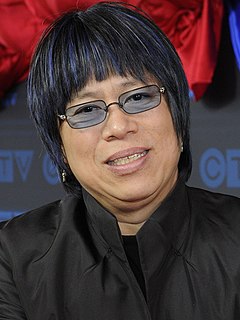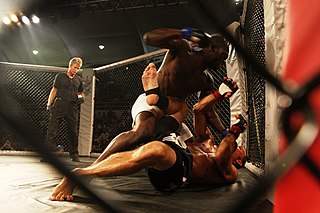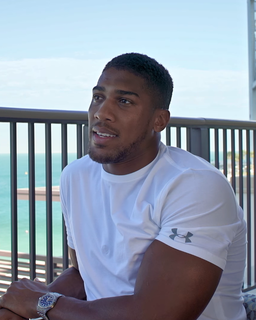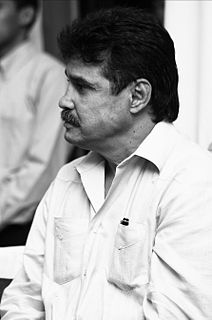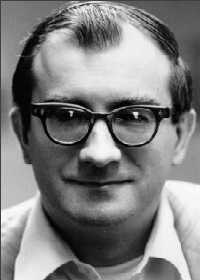A Quote by Roy Cooper
I think it's important to be up front with where you differ with your opponent and be ready to take that on.
Related Quotes
I think that's what's important, to see how we ourselves can become all that we are and can be. Everybody says they want to change, but it's not that simple, it's not that easy. Who's ready to change and give up? Who's ready to get out of their rut and leave it behind, not just pour honey or syrup over their heads and over the rut? Who's ready to change and give up that rut, who's ready willing and able?
You have to be sharp, you have to be ready. You have to have guys that can push you in terms of these high-level fights or otherwise you're going to get out to these fights and your opponent has been pushed and they are ready to compete. If you have not been pushed and you're not ready, you can't just turn that switch on that night.
In executing an Artful Strategy: When ten times greater, surround them; When five times greater, attack them; When two times greater, scatter them. If the opponent is ready to challenge: When fewer in number, be ready to evade them; When unequal to the match, be ready to avoid them. Even when the smaller opponents have a strong position, the larger opponent will capture them.
It is remarkable that men, when they differ in what they think considerable, will be apt to differ in almost everything else; their difference begets contradiction; contradiction begets heat; heat quickly rises into resentment, rage, and ill-will; thus they differ in affections, as they differ in judgment.
Self-confidence is very important. If you don't think you can win, you will take cowardly decisions in the crucial moments, out of sheer respect for your opponent. You see the opportunity but also greater limitations than you should. I have always believed in what I do on the chessboard, even when I had no objective reason to. It is better to overestimate your prospects than underestimate them.
Knowing your opponent is a crucial part of emulating and defeating that opponent. But scouting is only the first step. Too many leaders spend countless hours studying an opponent's every move in the search for an edge. The Great Teams understand not only how to scout but also how to exploit the weaknesses of a competitor. These teams analyze every perspective and option and position themselves to take full advantage of any knowledge gained about an opponent.

